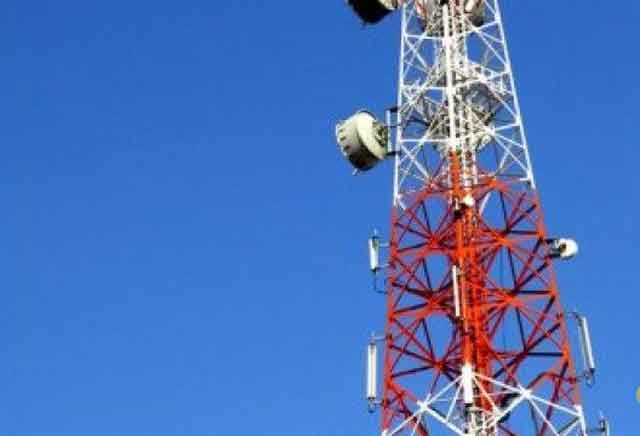The Uganda Communications Commission-UCC is set to start enforcement of the crackdown against fake mobile phones and laptops. But, the telecommunications regulator faults the service providers for failing to agree on the date for disconnections.
The bid to have such gargets off the market started in 2012 when representatives of manufacturing companies offered to cut the cost of the genuine devices to ensure the disconnection does not cause a shock in the market. It was suspected that at least 40 per cent of the devices on the market were fake, and largely substandard.


But differences between traders on one hand and regulators and representatives of manufacturing companies on the other saw the operation called off. Since then, as the demand for mobile phones rises, there is also an increase in counterfeits. These, according to experts, can pose health risks to users and affect the quality of calls.
Henry Sajjabbi, a Sales Representative with Itel Mobile in Uganda says distributors of counterfeit phones have also learnt that Ugandan consumers usually think that lowly priced devices are fake or substandard, and the perpetrators now attempt to set the same prices as those of genuine devices.
He says as a company, they can only rely on the mercy of the government because even importers of counterfeits pay taxes, yet counterfeiting is a form of unfair competition.
UCC made attempts to start the operation against counterfeit devices last year, following a three-month notice issued in August. However, it emerged then, that this could not take place in the absence of key regulations, which were later passed by parliament in March.
UCC Head of Corporate Affairs, Ibrahim Bbosa says that now the Central Equipment Identity-Registry system is in place and has been connected with the mobile telecom operators. He, however, says that they are still in consultations with the operators and importers to agree on how the disconnection will be handled and when to start.
There are five million basic mobile phones, commonly referred to as ‘Kabiriti’ in the market, while feature-phones, or the improved basic phone which can perform basic internet-based functions like accessing social media, are 17.1 million according to UCC records as of July 2020.
The records also show that the number of smartphones has gone up to 6.9 million bringing the total to close to 29 million mobile phones which were active in 90 days to June 2020. Of these 2 million of them are believed to be fake.
The Ministry of Finance, Planning and Economic Development estimates that 5 million mobile phones are imported into the country annually. However, Bbosa says they can only tell the numbers of fake phones already in use or active, but not those on the market, because many come through informal routes.


